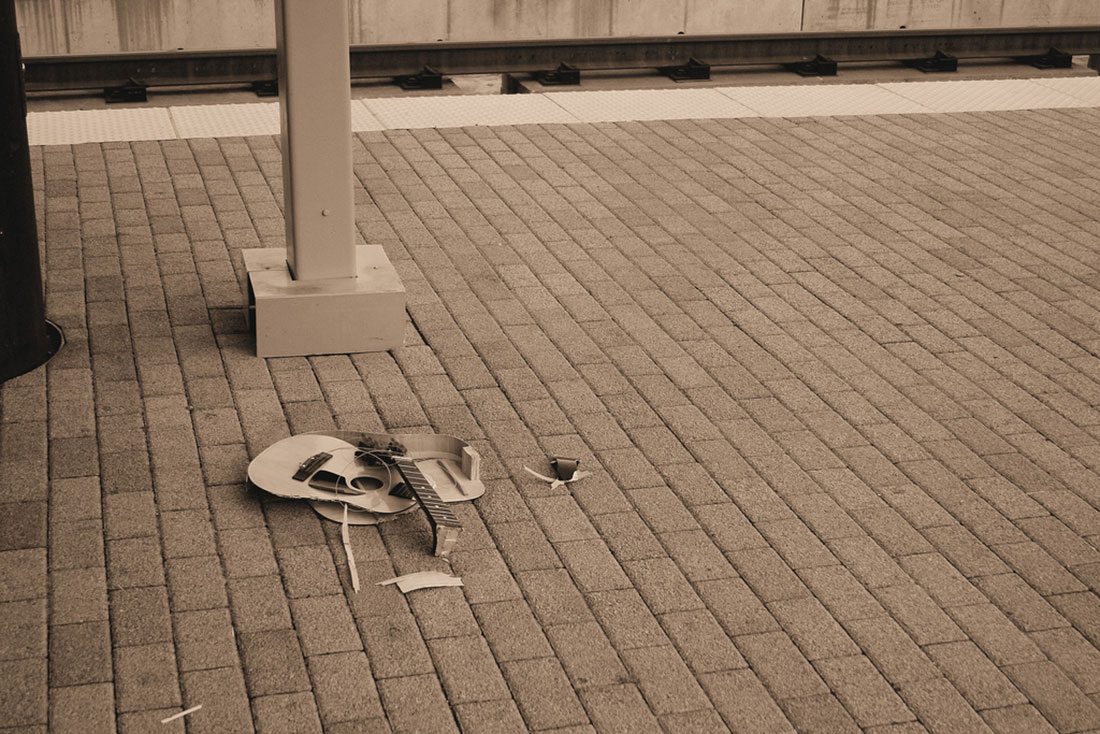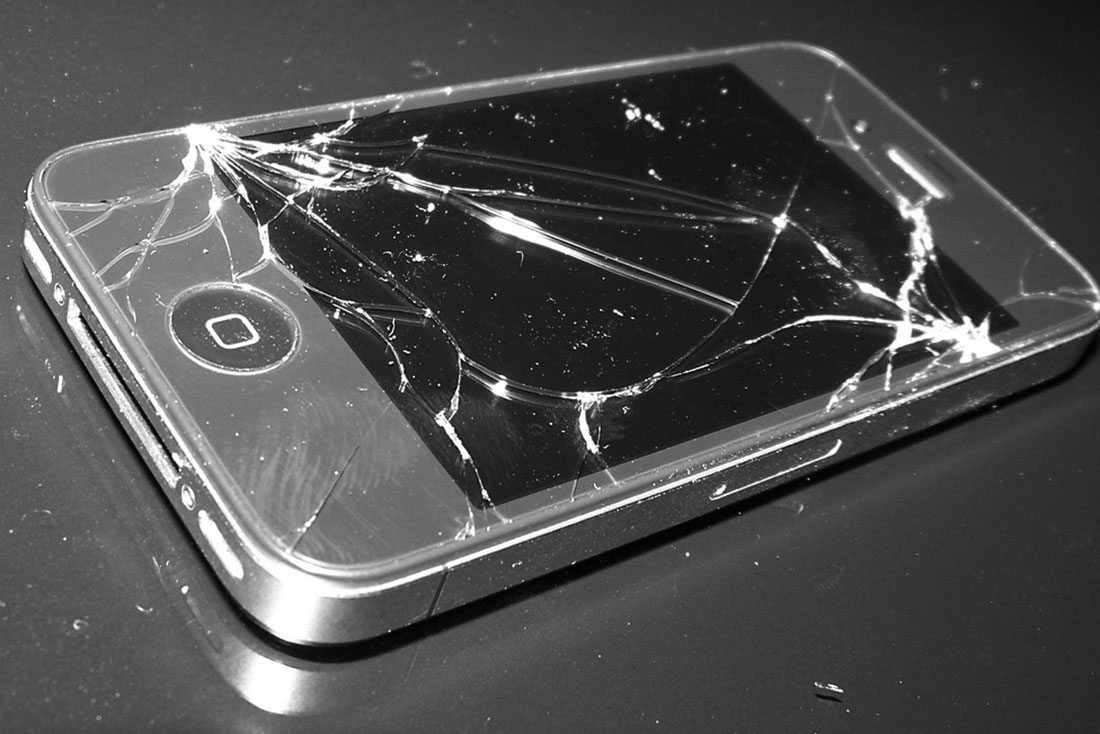10 Freelancer Habits You Should Break Today
Bad habits can break your freelance career before it even really gets off the ground. You’ve heard the saying that it takes 90 days to create a habit? It’ll take you at least that long to break a bad one.
So don’t let any of these career-killers sneak into your work (and if you are dealing with one of these bad habits, make a point to break it now). Today we’re delving into a collection of hang-ups and habits that you’re definitely best off leaving behind!
1. Procrastinating

It happens to the best of us from time to time, but putting off work constantly will eventually catch up with you. Procrastinating can cause undue stress for a freelancer and cause deadlines to bump into one another.
The end result is less than stellar work and a snippy freelancer. (You don’t want to be that person to friends and family, do you?) So plan out a schedule each week – and month, if possible – and use that plan to create a consistent workflow for managing projects.
2. Getting Distracted Too Easily
While it does not always lead to eventual procrastination, getting distracted by every email, social media post or notification on your phone or computer is a problem. Not only will distractions keep you from doing your best work, it will add time to every project. (Who wants to spend five hours on something that could be done in 3 hours?)
Create a plan for shelving those distractions. Set times for checking notifications and emails (turn them off if you need to) and make sure that you work space is also free of things that pull you away from work too frequently. If you work from home – as many freelancers do – create a signal that tells other members of the household that you are in the groove and should not be bothered. This can be anything from a “closed” sign on the door to “office hours” when you are not to be disturbed.
3. Sitting for Too Many Hours at a Time

In most workplaces, employees work a specific number of hours each day and are allotted breaks every so often. Do the same for yourself and get away from the computer.
Sometimes when you do get in the groove, it can be hard to pull away from work for a few minutes. But those breaks are totally worth it. Taking a break is good for your body – we are not meant to sit for eight hours at a time – and your mind, giving you a mental refresh to work at full capacity.
Set an alarm if you have to, but make sure to get up, take a walk, grab and snack and move around every little while. You never know what cool things – or inspiration – you might find.
4. Starting Every Sentence or Email with “I’m Sorry”
Stop apologizing for your ideas. If you are a good worker and are meeting deadlines and project requests, then why do all your emails begin with “I’m sorry?”
It’s a bad habit that forms when we are 100 percent confident in something. We couch the project or idea with an “I’m sorry” to soften the blow if it is disliked. Just stop doing it. Even if there is nothing wrong, you are signaling the recipient that there might be.
5. Falling Victim to “Feast or Famine”

Designers say it a lot: When it comes to projects there is feast and famine (either we are slammed or there is no work). Part of this comes from poor planning and scheduling.
Keep a schedule of projects so when new proposals come your way to can fit them in with a flow. Clients will understand if you have a backlog and many will try to work around the schedule. You should do the same for them. Always know what you have going and try to arrange projects so that you don’t fall into the feast or famine trap.
6. Not Keeping a System for Files (and Backups)
When was the last time you backed everything up? Last week? Last month? Last year?
Go do it now.
Backing up files and using a filing system that makes things easy to find will save you eventual hassle. It will also save you a lot of headache if your computer decides this is the last day it will turn on. (If you are bad about backing up like I am, use something that will do it for you. My Mac runs Time Machine daily and moves a copy of all my files to an external hard drive.)
7. Not Creating Boundaries

When it comes to clients, you need to have clearly defined boundaries. These boundaries can include everything from hours of availability, scope of work and projects and how payments will be made. These simple rules might not seem all that important … until you run into a problem.
The easiest way to set and enforce client boundaries is with a standard contract. Outline all of the rules in a document that goes to every client with every project to eliminate potential problems or confusion.
8. Extending Deadlines
There’s nothing worse than someone who is constantly asking for deadline extensions. Don’t be that freelancer.
Only take on projects within deadlines that you can meet. It will happen occasionally that you will get in trouble with a project or deadline, but it should be extremely rare. It is your duty to meet client deadlines and you need to plan ahead with your time to account for little what-ifs along the way.
9. Working 24/7

If you are working all the time, you are not doing something right. As with any job, there are periods where you are more busy with work, but if your freelance career is all-consuming, it is time to re-evaluate what you are doing.
Working too much usually comes down to a couple of things – not working efficiently and getting caught in cycles of distraction and procrastination or taking on too many things and not knowing how to say no. Both are habits that might seem manageable at the onset but will not create a sustainable business model.
Figure out where all of the work hours are coming from and work to streamline them right now. A full-time freelancer should expect to work roughly the same number of hours as someone in another full-time job (unless you are super efficient and then you might be able to reduce those hours). Part-time freelancers should set an hours-per-week limit to balance work and other life events.
10. Misrepresenting Your “Brand”
As a freelancer and in the social media age you need to understand this: You are a brand. Everything you do in public (and on Facebook or Twitter or YouTube) is part of that brand. So think before you act, comment or post anything. You never know when a potential client could be watching.
Stop complaining about work or projects on social media now. Stop posting confidential work bits to Dribbble for review. Stop sending emails or posting online without proofreading. Any of these things can make you look unprofessional and impact future freelance work.
Conclusion
It’s OK. Many of us will fall into at least one of these bad habits at some point. But now that you are thinking about your weaknesses, it’s time to do something about it. Start with one bad habit at a time and work to erase it from your work life. It might be a little tough at first – habits can be tough to break – but 90 days from now, you’ll be so happy you did. And your clients will thank you.
Freelancing 101 is an occasional series to help the increasing number of freelancers in the market. Whether you are a designer, writer, developer or wear multiple hats, we will share tips, resources and ideas to help you make the most of your small business. Is there something in particular you want to know? Let me know at [email protected].
Image Sources: Fredrik Bolstad, Joe Shlabotnik, Richard P J Lambert, Brandon Satterwhite, David and Milwok.